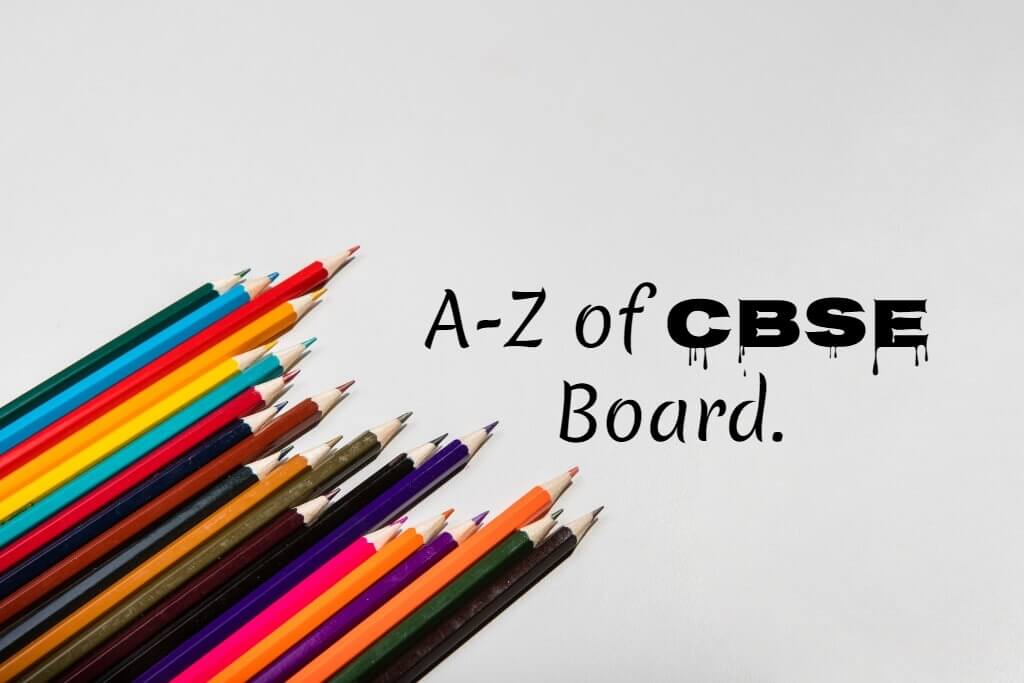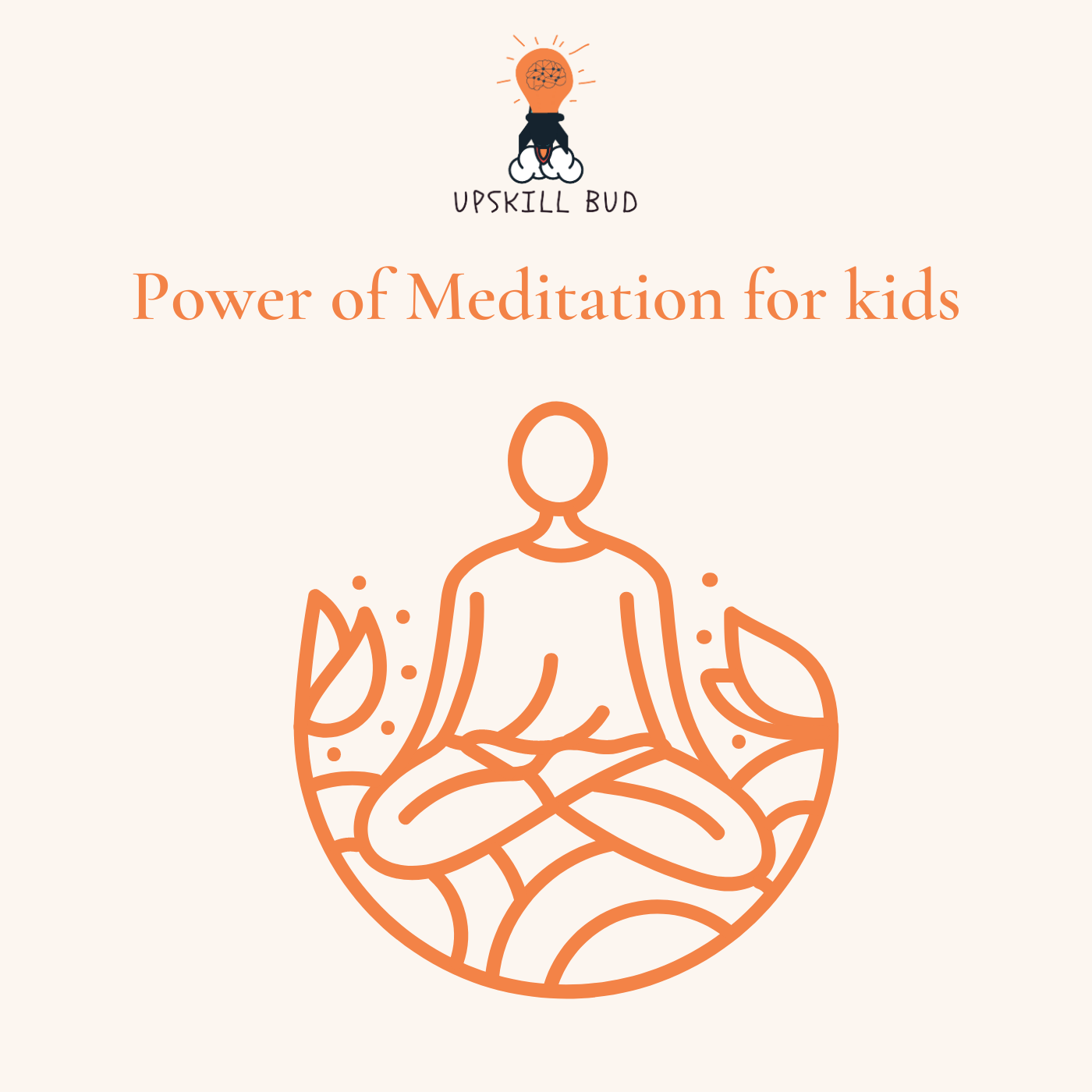
A-Z of CBSE Board – The Popular Board of All!

“Which board were/are you from?”
This question won’t leave your back even though your school days become ancient. Everybody is curious about education boards than schools.
You often hear these comments, “Oh! State,” “Wow! ICSE,” “Aah! CBSE,” etc. Nowadays, there are so many choices around and sometimes we tend to follow popular choices without completely knowing about them. Hence, Zedua brings to you the complete information about the education boards in India from the CBSE board to ICSE, IGCSE and IB. For information for the ICSE board, please click here.
Following is the complete information inclusive of the functions of CBSE board, CBSE syllabus to its pros and cons.
So, let’s get to the nitty-gritty as we answer all your questions:
What is the CBSE Board?
The Central Board of Secondary Education (CBSE) is the national board of India with its headquarters in New Delhi. This is one of the most popular education boards in India with more than 20,000 CBSE board schools across the country. This board was born to provide a common platform for the children of central government employees who are on transferable jobs across the country.
Thus, CBSE board was born in the year 1962 with an aim to provide uniform education throughout the country.
What are the salient features of CBSE Board?
- Along with the board exams of standard X and XII, CBSE conducts major national exams such as the All India Pre-Medical/ Pre-Dental Entrance Exam (AIPMT) now known as NEET-UG and the JEE (Main) which was previously known as the All India Engineering Entrance Examination (AIEEE) till 2013.
- Earlier before 2018, the CBSE board used to grade the students as per the marks in the nine-point grading system known as the Continuous and Comprehensive Evaluation (CCE) system.
- After 2018, the CBSE introduced YEE (Year End Exams) grading exams where the grades are evaluated as per the performance of all students who appeared the exam.
- The CBSE board follows the NCERT Curriculum which is the base of many exams from the JEE (Main), NEET, major government exams such as UPSE to Olympiads, etc. due to its vast and structured syllabus.
Read Also – The Trends of Skill Based Education & Unschooling in India!
What differentiates CBSE from ICSE, IB, IGCSE and the state board?
- One of the main features that differentiate CBSE from the other boards in India its comparative performance grading system for Std X and XII.
- Another feature is that the CBSE curriculum focuses more on mathematics and science as opposed to ICSE and IB which also focus on art and literature with the same weightage.
- The curriculum that CBSE implements is uniform with a standard set of textbooks in comparison with the IGCSE, IB and ICSE boards that don’t have a specific set of textbooks for students to refer to.
What are the benefits of CBSE board?
- The grading system of the CBSE board is a two-sided coin. It is beneficial as it reduces the unwanted pressure of competition and ranking among the students.
- CBSE students certainly have an edge over the others when studying for entrance or competitive exams as they have already gone through the curriculum once in their scholastic life. Students of other boards have to put an extra effort to cover the vast syllabus NCERT offers.
- This board is a common platform providing uniform syllabus and structure for children of army personnel or people with central government jobs prone to transfers across the country.
- Since large number of schools are affiliated to CBSE, it is more of an accessible education board if you have shifted to a new city as compared to the other boards because of its uniformity. This is one of the major advantages of CBSE board.
- Again, since many schools are affiliated to CBSE, the education is affordable as the choice of schools is more.
What are the disadvantages of CBSE board?
- The grading system is quite complex. It is difficult to know the marks of the students distinctively and the system proves unfair when the average of two students is same.
- The CBSE syllabus is vast and mostly theoretical. It focuses less on practical and thus, CBSE students get less hands-on experience as compared to the students of ICSE or IB board.
- This board is not suitable for students with an inclination towards arts or literature or those want to pursue these streams further.
This sums up the article from the objectives of CBSE board to the pros and cons of this board. Everything you need to need to know before you make a decision. This board provides a job-oriented and a uniform syllabus and is not a burden on the pocket. While on the other hand, it is theoretical and biased towards maths and science with a complex grading system.
It is important to consider all the pros and cons of the curriculum that best suits your child’s personality and intellect and then start your school search. But there’s always one thing to remember, Zedua is always there for you from choosing the right board to the perfect school for your kid.
We are coming up with a similar articles about the International General Certificate of Secondary Education (IGCSE) and the International Baccalaureate (IB) Board, so stay tuned!! To learn all about ICSE board, please click here.
Visit www.zedua.com for more details or just to explore who we are. Also, if you have any scholastic query from school admission updates to the fee structure of any school, etc., just drop in your question at [email protected] and team Zedua will be more than happy to help you!
Happy Learning!
Once on Zedua, parents can rate and review any school of their choice. To review any school, please click here.
Recomended Blogs

It indeed is not easy to learn something new! Getting out of your comfort zone and learning something

Zedua
2 years ago

Many successful people have attributed their success to the practice of Meditation. How great i

Zedua
3 years ago

Hybrid classes is the trend in the air or was it already there in an implicit form? Questions are ofte

The Green School Bangalore
3 years ago
